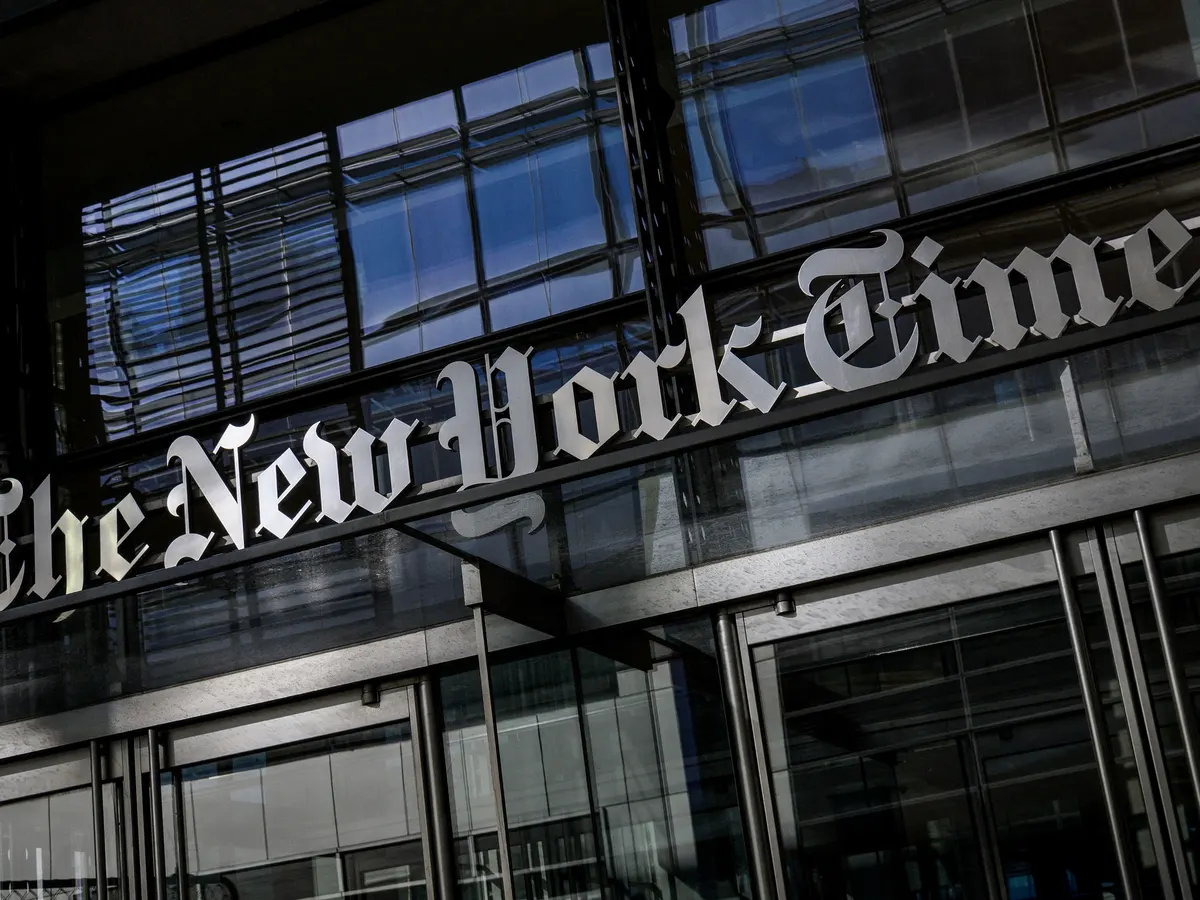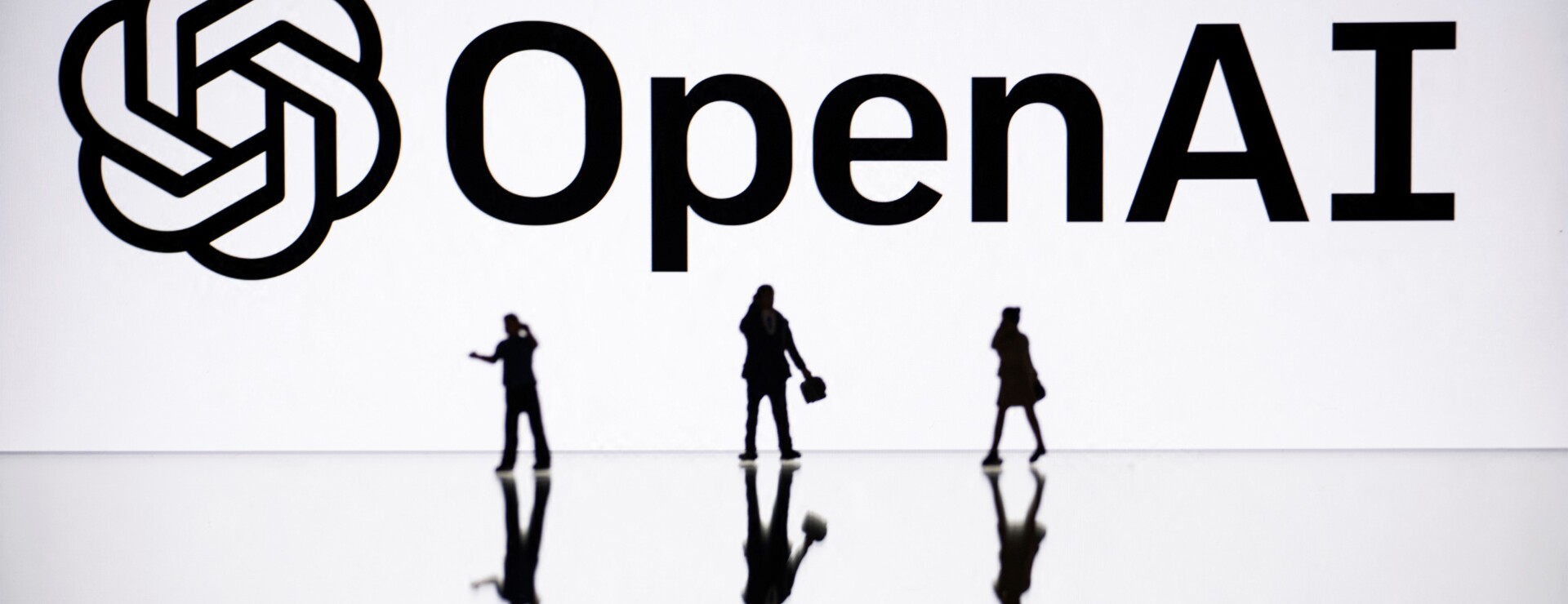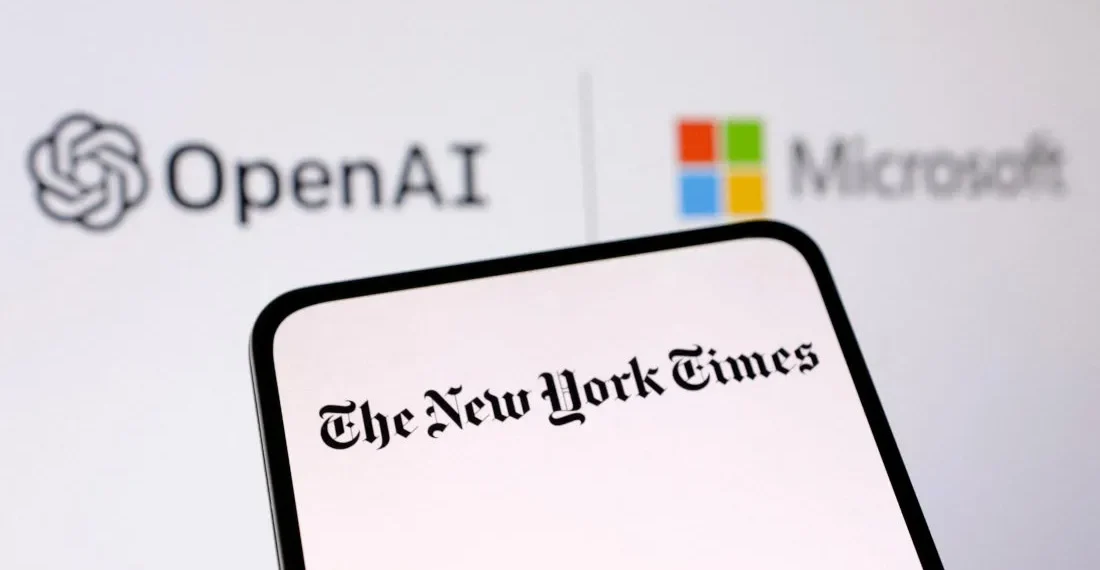OpenAI has filed a motion requesting a federal judge to dismiss portions of the New York Times‘ copyright lawsuit, contending that the newspaper engaged in “hacking” its ChatGPT chatbot and other AI systems to fabricate misleading evidence.
In a filing submitted to Manhattan federal court on Monday, OpenAI argued that the Times induced its technology to replicate its content through “deceptive prompts” that violated OpenAI’s terms of use.
The organization further claimed that the Times paid an unidentified individual to manipulate its systems, though it refrained from accusing the newspaper of violating anti-hacking laws.

Responding to OpenAI’s allegations, the Times’ attorney Ian Crosby characterized the claims as mischaracterizations, asserting that the newspaper simply utilized OpenAI’s products to uncover evidence of intellectual property infringement.
The Times initiated legal action against OpenAI and its primary investor, Microsoft, in December, alleging that they unlawfully incorporated millions of the newspaper’s articles to train chatbots without authorization.
This legal dispute is part of a broader trend where copyright holders, including authors, artists, and music publishers, pursue legal action against tech firms over alleged misuse of their content in AI training.
Tech companies, on the other hand, argue that their AI systems fairly use copyrighted material and that lawsuits of this nature jeopardize the burgeoning AI industry.

Central to the lawsuit is the question of whether AI training qualifies as fair use under copyright law. Although courts have yet to definitively address this issue, some infringement claims against AI-generated content have been dismissed due to insufficient evidence demonstrating resemblance to copyrighted works.
OpenAI’s response highlights the legal complexities surrounding AI and copyright law, emphasizing the potential impact on the future development of AI technologies.




